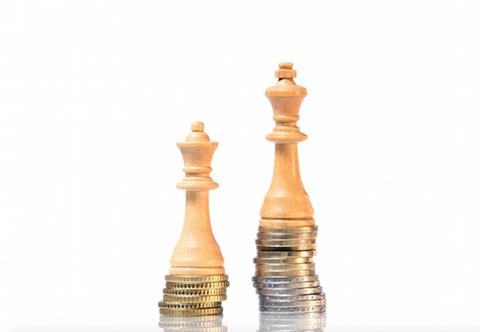
The global economic gender gap will not close for another 170 years at the current pace of change, according to research by the World Economic Forum (WEF).
Its The global gender gap report 2016 found that the economic gender gap has reverted back to where it stood in 2008, after a peak in 2013. In line with the widening of the economic gender gap over the last year, the report estimates that it will take a further 170 years for gender pay parity.
When ranked by income group, Iceland, Finland, and Norway have the smallest economic gender gap among high-income countries. The UK ranks 14th in the high-income bracket, and the US is in 26th place.
Namibia, South Africa, and Cuba are the top three countries with the smallest gap among the upper to middle-income bracket.
The Philippines, Nicaragua, and Bolivia have the narrowest economic gender gap in the lower to middle-income bracket. In low-income countries, the highest ranking countries are Rwanda, Burundi, and Mozambique.











